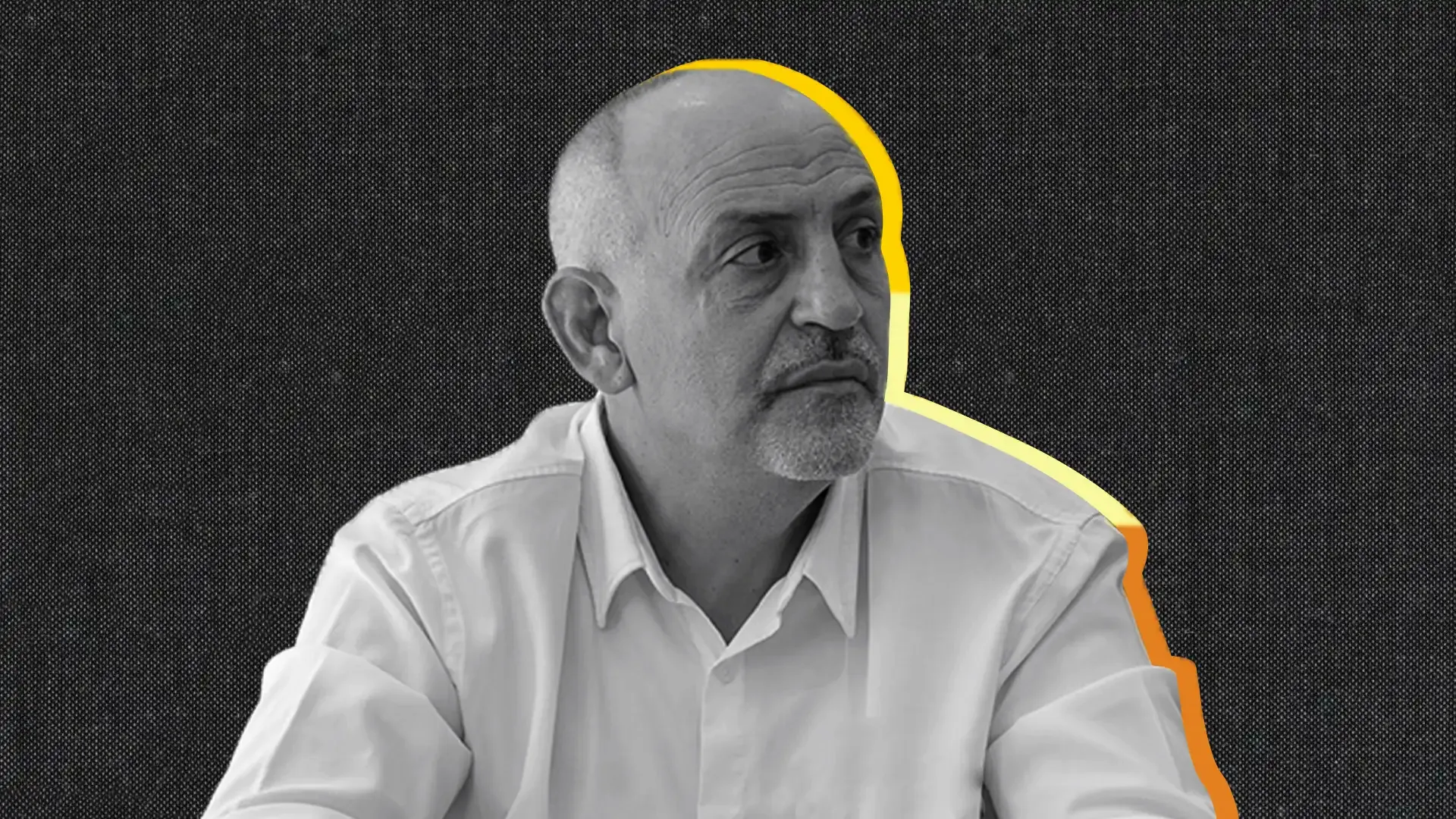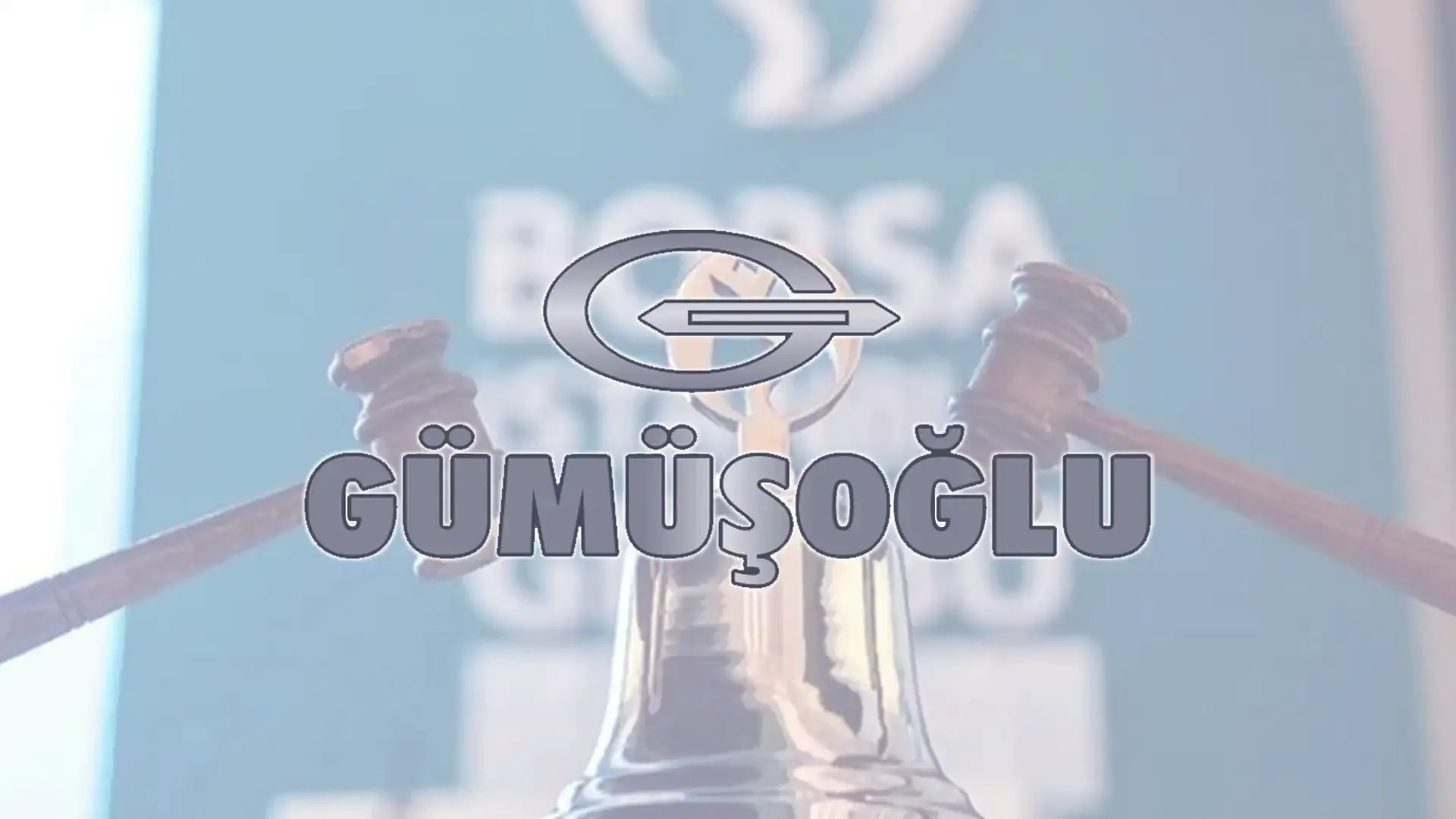
Deputy Minister of Culture and Tourism, Dr. Batuhan Mumcu, has raised concerns about the escalating danger of reputation assassination on social media. These attacks significantly impact individuals’ mental well-being, careers, and social ties. As disinformation and manipulation increase, these damaging assaults have become more hazardous.
Social Media and Reputation Assassination
Dr. Batuhan Mumcu highlights the profound influence of social media on modern communication, noting its dual nature of presenting both opportunities and threats. Social media facilitates the rapid spread of information to large audiences, but it also becomes a fertile ground for reputation assassinations.
The environment on social platforms allows manipulative content and disinformation to spread quickly. The reputation of individuals or organizations can be intentionally harmed through planned attacks, making them victims of reputation assassination.
Understanding Reputation Assassination
The word "reputation" traces back to Arabic, meaning prestige and represents the values a person garners through their actions and achievements. It influences how society perceives and expects an individual to behave.
Reputation assassination involves the intentional damage to someone's professional or social image. These attacks are often systematic, aiming to ruin the reputation of persons or institutions on social media, news sites, forums, and other digital platforms. They are driven by personal, professional, commercial, or political motives, severely affecting the victim's mental health and social reputation.
Disinformation and Manipulation
Misleading Information: This includes tampered images, twisted quotes, and fake headlines designed to damage someone’s reputation. Such content often goes viral, overshadowing attempts to correct the false narrative.
Perception Management: Prominent social media accounts may lead disinformation campaigns to sway public opinion. These influencers are pivotal in executing these damaging strategies.
Causes of Reputation Assassination on Social Media
Personal Hostilities: Attacks rooted in personal grievances, jealousy, or rivalry.
Political and Ideological Conflicts: Coordinated smear campaigns by opposing factions aiming to undermine adversaries and promote their ideologies.
Methods to Protect Against Reputation Assassination
To combat reputation assassinations, especially on social media, various preventive measures have been established. Educated media consumption and verification of sources are crucial. Efforts from governments, civil society organizations, and media institutions are necessary to counter disinformation.
Legal Protections for Reputation
Turkey has implemented regulations through the Press Law No. 7418 to control content shared on social media platforms. These laws criminalize the dissemination of false information and are monitored by the Center for Combating Disinformation. Ensuring precise information flow in the digital realm requires cooperation among all stakeholders, fostering a respectful communication climate.
Frequently Asked Questions: Reputation Assassination on Social Media
What does reputation assassination on social media mean?
Reputation assassination refers to coordinated efforts aimed at damaging an individual’s or institution’s standing through disinformation and manipulation. Tactics include misleading information, tampered quotes, and altered visuals, exploiting social media’s extensive reach.
How can one protect themselves from reputation assassination on social media?
Informed media usage is vital for protection. This entails verifying sources and ensuring information accuracy. Understanding your legal rights and seeking legal recourse, such as the Press Law No. 7418 in Turkey, is also crucial. Media organizations and educational bodies play a critical role in fostering information security awareness.
Most Frequently Asked Questions: Reputation Assassination on Social Media
What is reputation assassination on social media?
Reputation assassination refers to planned campaigns intended to harm an individual's or institution's prestige through false information and manipulation. This could involve doctored images, altered quotes, and misleading headlines that go viral, overshadowing factual corrections. Individuals or groups use these tactics to exploit social media's vast reach and influence opinions against their targets, impacting the victim's mental health, career, and social relationships.
How do disinformation and manipulation contribute to reputation assassination?
Disinformation and manipulation are central to reputation assassination. False information, including edited visuals and misquoted statements, can spread rapidly across social media. Influential accounts may engage in disinformation campaigns to shape public perception and achieve malicious goals. This manipulation is especially dangerous because it can distort the truth, leading to wide-scale belief in the false narrative, making it difficult for the affected individual or organization to restore their reputation.
What are the main causes of reputation assassination on social media?
The primary causes of reputation assassination on social media include personal vendettas and ideological conflicts. Personal hostilities, such as jealousy or competition, drive some attacks. Political and ideological differences can also lead to smear campaigns, where opposing groups target individuals or institutions to undermine their reputations and promote their own agendas. These attacks are often orchestrated and leverage the power of social media to maximize damage.
Who is Batuhan Mumcu?
Batuhan Mumcu was born in Erzincan in 1983 and holds a degree in Public Relations from Near East University. He has completed a master's and PhD in Political Science, with a focus on cultural heritage protection. With extensive experience in various government roles, he has published several works on cultural heritage. In 2023, he was appointed as Deputy Minister of Culture and Tourism. Additionally, he represents Turkey in TURKSOY and is a Board of Trustees member at the Yunus Emre Foundation. A member of the Galatasaray Sports Club Congress, he is married and has two children.


